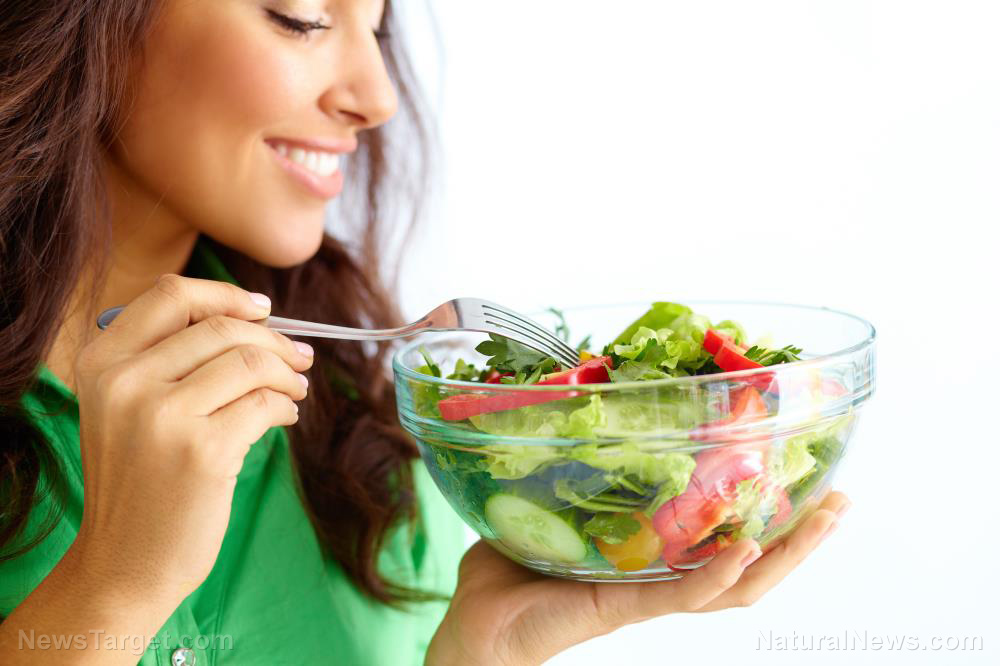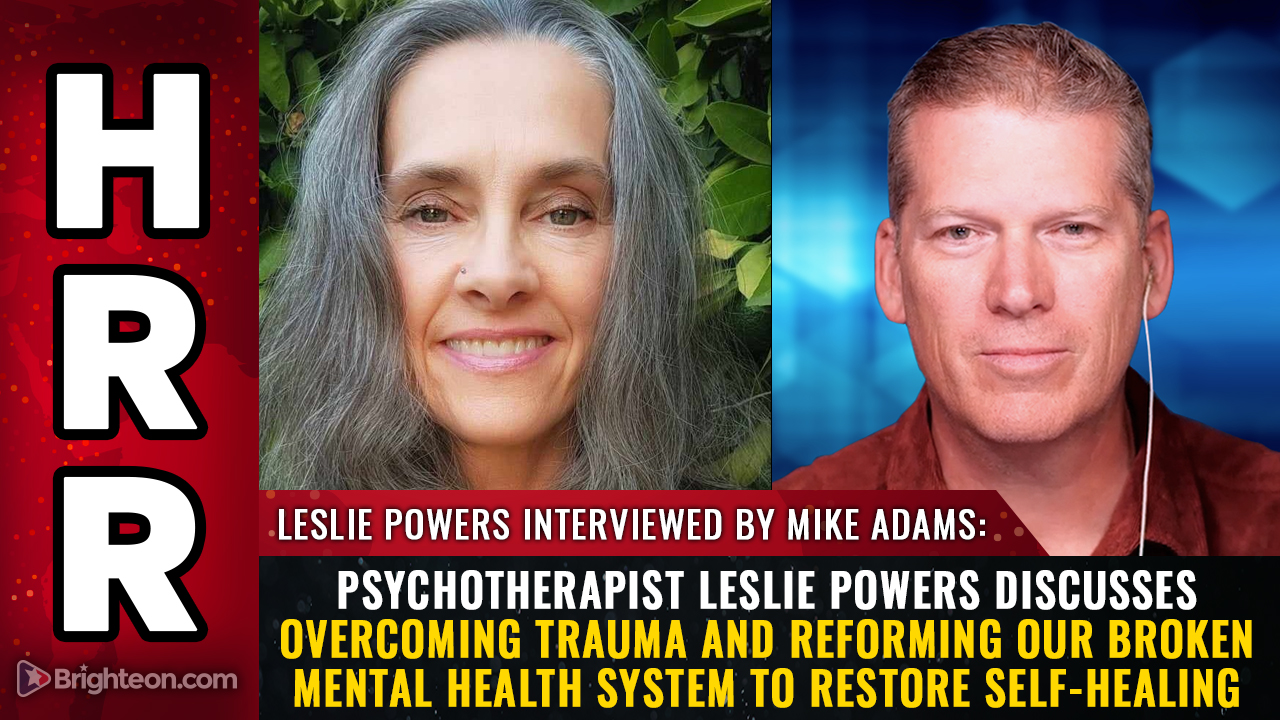Unveiling the power of vitamins and minerals: A deep dive into "The Complete Book of Vitamins and Minerals for Health"
- Americans are increasingly focusing on healthier dietary choices, moving away from processed foods to lean proteins and nutrient-rich fruits and vegetables, as detailed in "The Complete Book of Vitamins and Minerals for Health."
- Despite the trend towards healthier eating, many Americans lack understanding of nutrition, struggling with food labels and essential nutrients, which can lead to misconceptions and poor dietary choices.
- High-protein, quick-weight-loss diets, often high in fat and lacking in fiber, can pose health risks such as heart issues, digestive problems and deficiencies in vital nutrients like calcium, leading to conditions like osteoporosis.
- Iron deficiency is common, especially in low-calorie diets rich in dairy, while vegetarians and vegans may lack zinc, iron and calcium. Incorporating iron-rich foods and considering supplements can help address these deficiencies.
- While a well-balanced diet is crucial, supplements can support those with specific dietary needs. Eating small, nutritious meals and taking vitamins with food can enhance nutrient absorption. The book emphasizes that supplements should complement, not replace, a healthy diet to achieve optimal health.
In an era where health consciousness is on the rise, Americans are increasingly scrutinizing their dietary choices. The shift from processed meats and sugary snacks to lean proteins and nutrient-rich fruits and vegetables marks a significant step towards better health. However, as highlighted in the comprehensive guide "
The Complete Book of Vitamins and Minerals for Health" by the editors of
Prevention magazine, understanding the nuances of nutrition remains a challenge for many. This book serves as a vital resource, illuminating the path to optimal health through informed dietary choices and strategic supplementation.
Despite the growing trend towards healthier eating, a significant knowledge gap persists. Paul Lachance, a nutrition and food science professor at
Rutgers University, points out that "most Americans are still in the dark when it comes to nutrition." Many individuals struggle to decipher food labels and understand where essential nutrients are found. This lack of awareness can lead to misconceptions and poor dietary choices.
One such misconception is the high-protein, quick-weight-loss diet, which often prioritizes meats and eggs while shunning fruits, vegetables and carbohydrates. While this diet may lead to rapid weight loss, it is fraught with potential health risks. Dr. Lachance warns that "this diet is high in fat, with 50 percent or more of its calories coming from fat," posing concerns for heart health and organ function. Additionally, the diet's lack of fiber can lead to digestive issues and dependency on laxatives, while its deficiencies in
calcium and other vital nutrients increase the risk of osteoporosis and other health problems.
Iron deficiency is another prevalent issue, particularly among those who consume low-calorie diets rich in dairy products. Joan, for example, relies heavily on cottage cheese, yogurt and chicken, inadvertently neglecting her iron intake. Her tea and coffee habit further exacerbates the problem by inhibiting iron absorption. Havens, a consulting nutritionist, advises that "Joan should focus on dark green leafy vegetables like broccoli and spinach, which are rich in iron," and recommends incorporating iron-rich legumes like beans and lentils into her diet.
Vegetarians, too, face unique nutritional challenges. Tom and Tina, who adopted a vegetarian lifestyle a decade ago, discovered that their diet lacked sufficient zinc and iron. Vegans, who abstain from dairy and eggs, are also at risk of calcium deficiency. Havens suggests that "vegetarians should consider taking a zinc supplement and adding iron-rich foods like legumes and dark green vegetables to their diet," and may need an iron supplement if dietary changes are insufficient.
Interestingly, the discovery of significant amounts of vitamin B12 in fermented foods like miso, soy sauce and tempeh has been a game-changer for vegetarians, addressing previous concerns about B12 deficiency.
Beyond overt deficiencies, the concept of marginal nutritional deficiency is gaining attention. These subtle deficiencies often go unnoticed due to their vague symptoms, such as irritability, insomnia and reduced appetite. However, they can have profound effects on health, affecting metabolism and leading to issues like growth restrictions and increased susceptibility to infection.
Dr. Myron Brin, a nutrition researcher, emphasizes that "marginal deficiencies can affect the body's metabolism and lead to a range of issues." Elderly individuals are particularly vulnerable, with studies showing that those not taking vitamin supplements are more likely to have deficiencies. Thiamine deficiency is the most common, followed by riboflavin and vitamins A and C.
Dr. Douglas Heimburger, an expert on the nutritional needs of hospitalized patients, underscores the importance of vitamins A and C for wound healing, especially post-surgery. He also notes that vitamin C plays a crucial role in white blood cell function and helps prevent bladder infections.
While a well-balanced diet is the cornerstone of good nutrition,
supplements can be a valuable addition for those who fall short. Registered dietitians are increasingly acknowledging the role of supplements, especially for individuals with specific dietary patterns or needs. However, supplements should never replace a healthy diet. Eating small, nutritious meals and snacks throughout the day can enhance nutrient absorption and taking vitamins with food, particularly those that are fat-soluble, can boost their effectiveness.
The key takeaway from "The Complete Book of Vitamins and Minerals for Health" is the indispensable role of good nutrition in overall health and well-being. While supplements can be beneficial, they should complement, not substitute, a healthy diet. By eating a variety of nutrient-dense foods, staying informed about nutritional needs and making informed choices, individuals can ensure they are getting the essential vitamins and minerals their bodies need. This book serves as an essential guide for anyone looking to navigate
the complex world of nutrition and achieve optimal health.
Learn more about "
The Complete Book of Vitamins and Minerals for Health" by watching the video below.
This video is from the
BrightLearn channel on Brighteon.com.
Sources include:
Brighteon.ai
Brighteon.com
 Parler
Parler Gab
Gab










